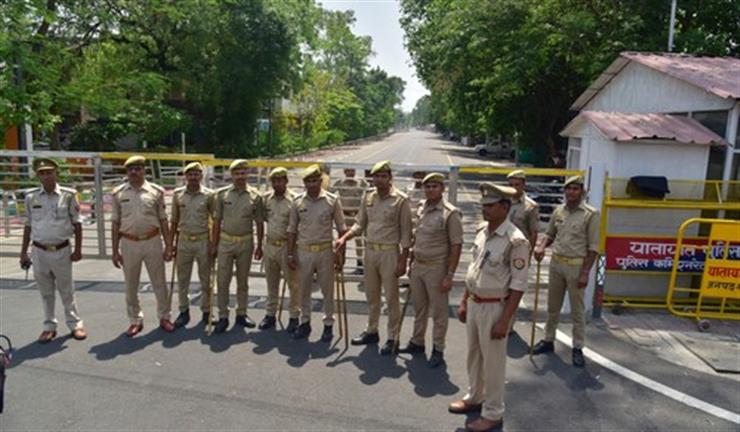
In anticipation of potential challenges arising from the simultaneous festivities, authorities in Uttar Pradesh implemented heightened security protocols. Additional police personnel and paramilitary forces were deployed in key cities, including Lucknow, Varanasi, and Kanpur, to maintain public order. Surveillance measures, such as drones and closed-circuit television cameras, were extensively utilized to monitor crowd activities and preempt any untoward incidents.
Demonstrating a spirit of mutual respect and accommodation, religious leaders from both communities proactively adjusted traditional practices to facilitate seamless observance of their respective rituals. The Islamic Centre of India extended the timings for the customary Friday prayers, known as Jumma Namaz, to avoid overlap with Holi processions. Maulana Khalid Rasheed Firangi Mahali, head cleric of Lucknow's Eidgah, remarked, "Our Hindu brothers have changed the timings for Holi processions." This sentiment was echoed by Hindu community leaders, who rescheduled Holi events to ensure minimal disruption to Muslim worshippers.
In Barabanki, a town renowned for its syncretic culture, the Dargah of Haji Waris Ali Shah emerged as a focal point of interfaith harmony. Devotees from both Hindu and Muslim communities gathered at the shrine, participating in joint prayers and communal meals. The dargah's custodian, Syed Mohammad Waris, observed, "This convergence of Holi and Ramzan has provided an opportunity to showcase our shared heritage and strengthen communal bonds."
The city of Varanasi, a significant religious center for Hindus, also exemplified communal amity. Local mosques adjusted prayer schedules, while Hindu residents ensured that Holi celebrations did not interfere with Islamic rituals. Joint community meetings were held prior to the festivals to coordinate efforts and address any concerns, reflecting a collective commitment to peace and unity.
